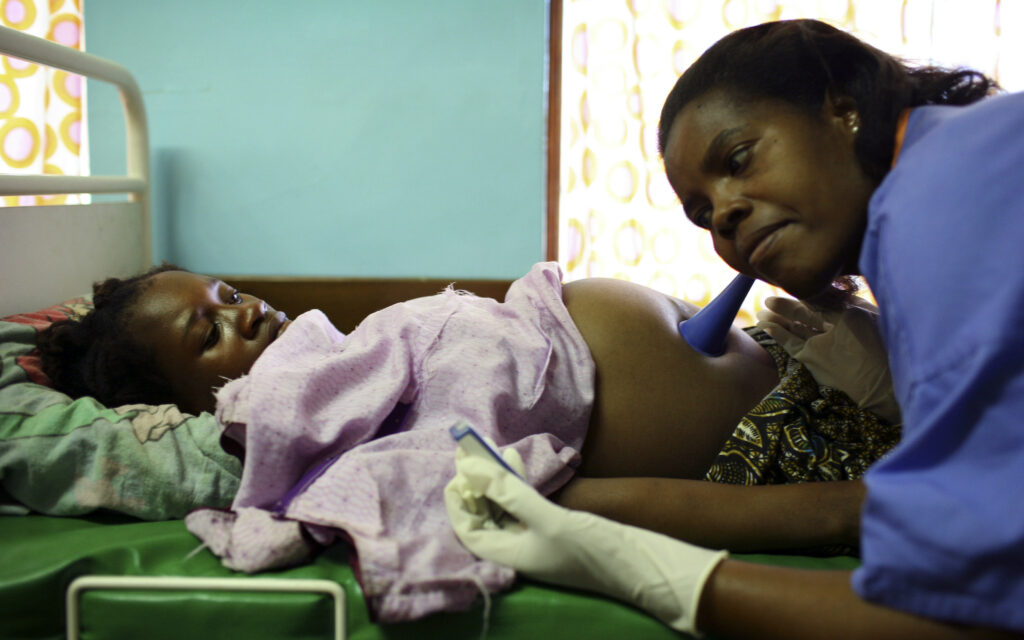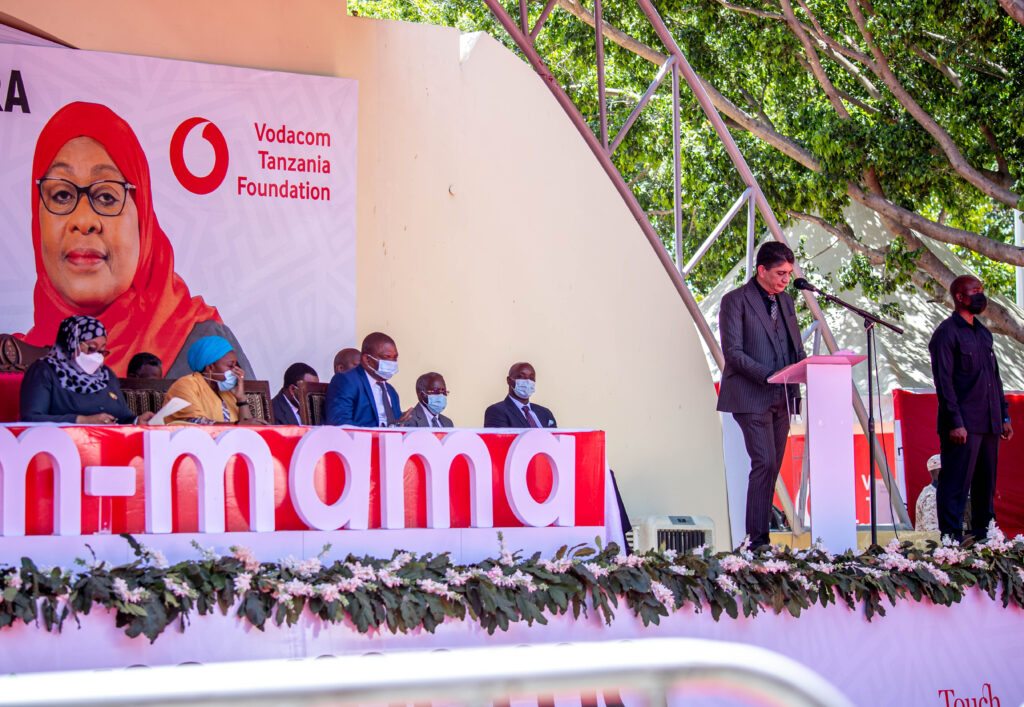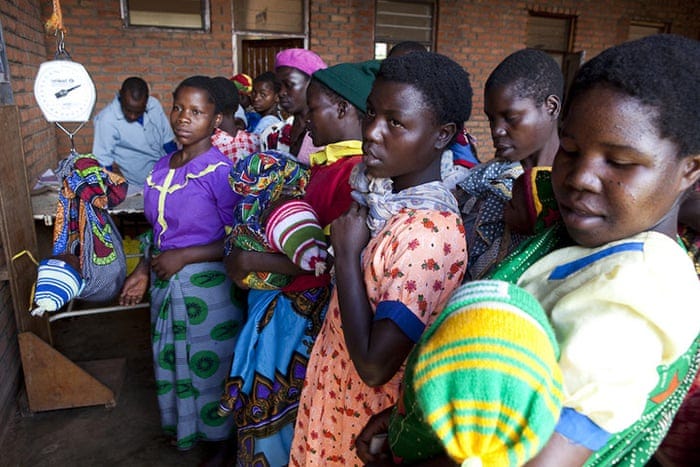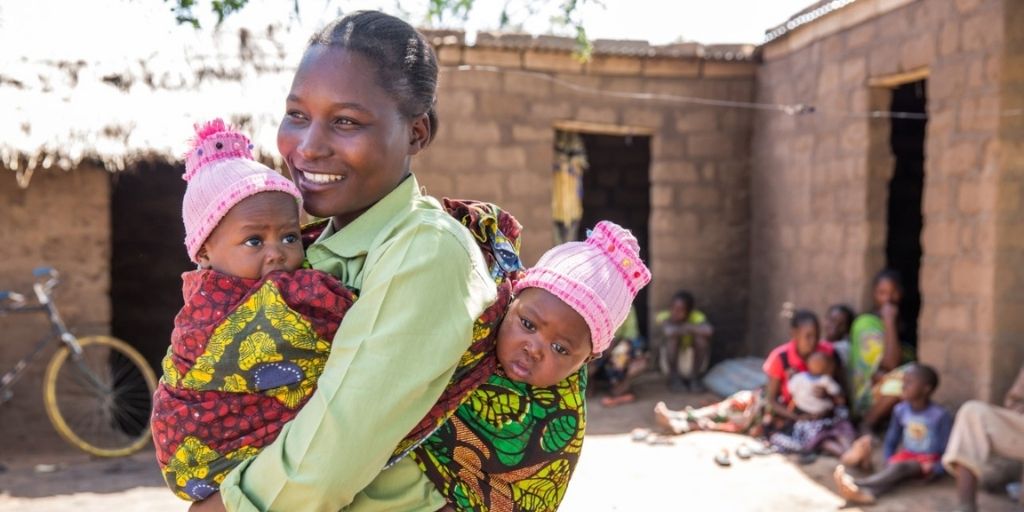
In a major boost for maternal health, Malawi is set to benefit from the m-mama maternal health initiative, a lifesaving transport system designed to provide emergency care for pregnant women and newborns. The initiative, which has already proven successful in Tanzania and Lesotho, is being expanded to Malawi, with $6 million in funding from the Vodafone Foundation, matched by $5.5 million from USAID and other donors.
The m-mama system offers an innovative solution to the challenge of maternal mortality in rural areas, where emergency transport is often unavailable. The program uses community drivers to transport women experiencing childbirth complications to the nearest health facilities, ensuring timely access to lifesaving care.
Malawi’s maternal mortality rate remains alarmingly high, especially in rural areas where access to healthcare is limited. The m-mama initiative directly addresses this by providing affordable and accessible emergency transport, a critical need for women in remote locations. The service will map out health facilities, assess transport routes, and recruit local drivers who can step in during emergencies when ambulances are not available.

Vodafone Foundation’s Chief External & Corporate Affairs Officer, Joakim Reiter, expressed the significance of this expansion, saying, “The extension of m-mama to Malawi is a major milestone in our efforts to improve maternal health in sub-Saharan Africa. We are confident that this initiative will make a lasting impact on the lives of women and children.”
The total funding of $11.5 million comes with one key condition: the Malawian government must commit to covering the ongoing operational costs, estimated at just under K500 million per year. The government’s involvement is crucial to ensure the long-term sustainability of the program.

Minister of Health Khumbize Kandodo Chiponda has expressed the government’s strong support for m-mama, highlighting the need for innovative solutions to reduce maternal deaths. “This initiative comes at a critical time, and we are fully committed to making sure it succeeds in Malawi. It will save lives, particularly in rural areas where access to healthcare has been a challenge for years,” she said.
The m-mama system has already achieved remarkable success in Tanzania and Lesotho, where it has helped transport over 100,000 women and newborns to healthcare facilities. The initiative is credited with reducing maternal deaths by over 25% in those countries. This success has sparked excitement among health professionals in Malawi, who see it as a game-changer for the country.
“We have long struggled with maternal mortality, especially in rural areas where women face significant delays in getting to health facilities. The m-mama service will help solve that problem and save many lives,” said Dr. Mary Phiri, a maternal health expert in Lilongwe.
One of the unique aspects of m-mama is its reliance on local drivers from the communities it serves. These drivers are trained and dispatched to respond to emergencies, ensuring that pregnant women in remote areas can reach health facilities on time. This not only saves lives but also creates job opportunities and strengthens community involvement in maternal healthcare.

The Vodafone Foundation has also committed an additional $2 million to establish a regional team in Tanzania that will support the expansion of m-mama in Malawi and other countries in sub-Saharan Africa.
As the initiative prepares to launch in Malawi, health experts and community leaders are optimistic about the impact it will have. With maternal health a national priority and international support secured, Malawi is set to make significant strides in reducing preventable maternal deaths.
With m-mama’s proven track record, the country’s healthcare system is poised to deliver lifesaving care to thousands of mothers and newborns across Malawi’s rural areas, bringing hope to communities that have long struggled with access to emergency maternal services.

